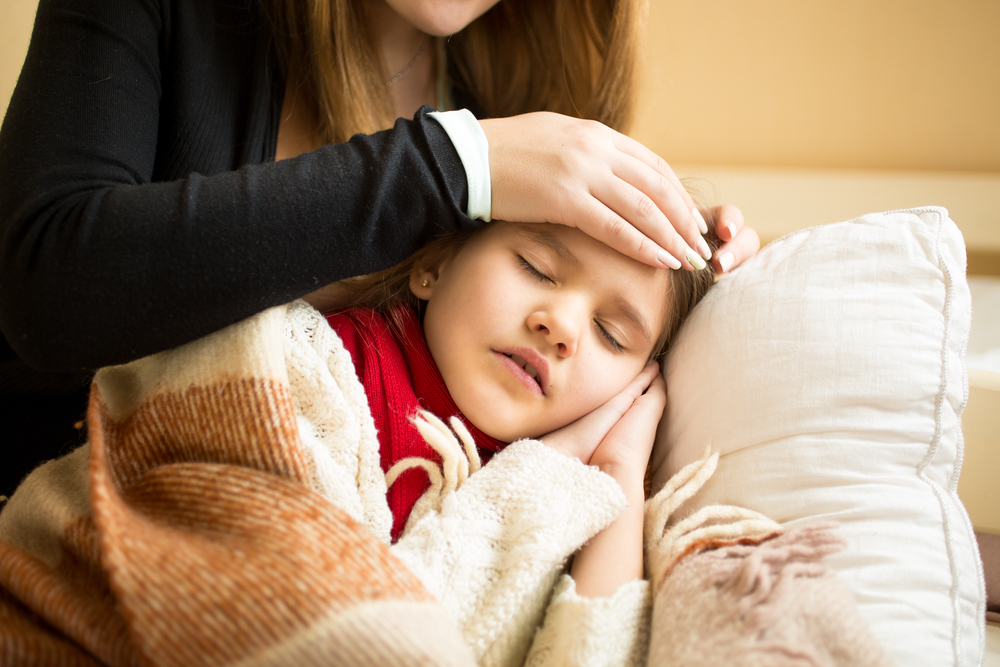On March 15, Pittsburgh’s paid sick time ordinance went into effect, following a long-awaited decision from the Pennsylvania Supreme Court in July 2019 upholding the ordinance. Pittsburgh had passed paid sick time in 2015, but the ordinance’s implementation was on hold while a lawsuit against the law made its way through the court system.
Opponents of the Pittsburgh paid sick time law claimed that the city lacked authority under state law to enact regulations that put obligations on businesses. A Better Balance submitted an amicus brief in the case along with a group of law professors, arguing that Pittsburgh has the authority to enact paid sick time for the good of the public health. Thankfully, the Pennsylvania Supreme Court recognized that paid sick leave laws are much more than business regulations; these laws play an important role in promoting public health, especially in marginalized communities.
In the midst of the Coronavirus (COVID-19) pandemic, the law’s implementation could not be more timely or critical. In addition to preventive care and personal/family illness or medical needs, Pittsburgh’s paid sick leave law, like several others, allows workers to use sick time if: their workplace is closed by a public health official (due to a public health emergency); they need to care for their child if the child’s school or care provider is closed for the same reason; and/or they need to care for a family member when a health official or health care provider determines the family member’s presence in the community would jeopardize the health of others due to exposure to coronavirus or another communicable disease (even if the family member hasn’t actually contracted it). Paid sick time will ensure that Pittsburgh’s workers do not miss out on critical income while following the CDC’s and local health department recommendations to care for their well-being and that of their loved ones.








